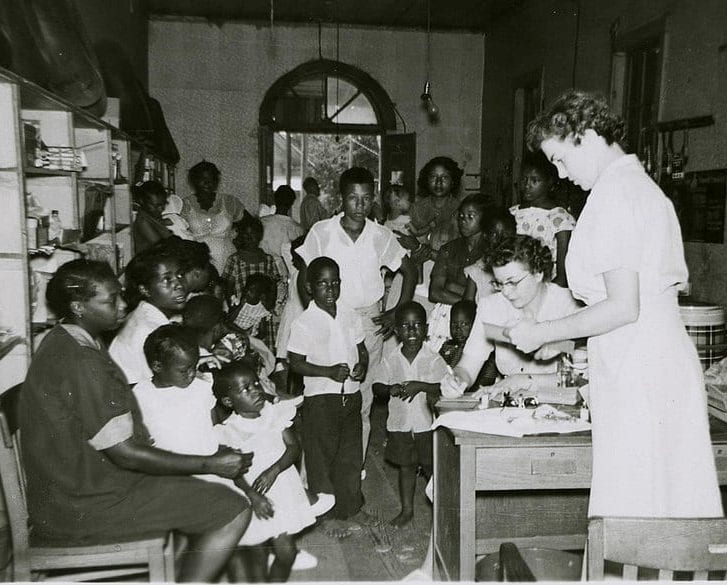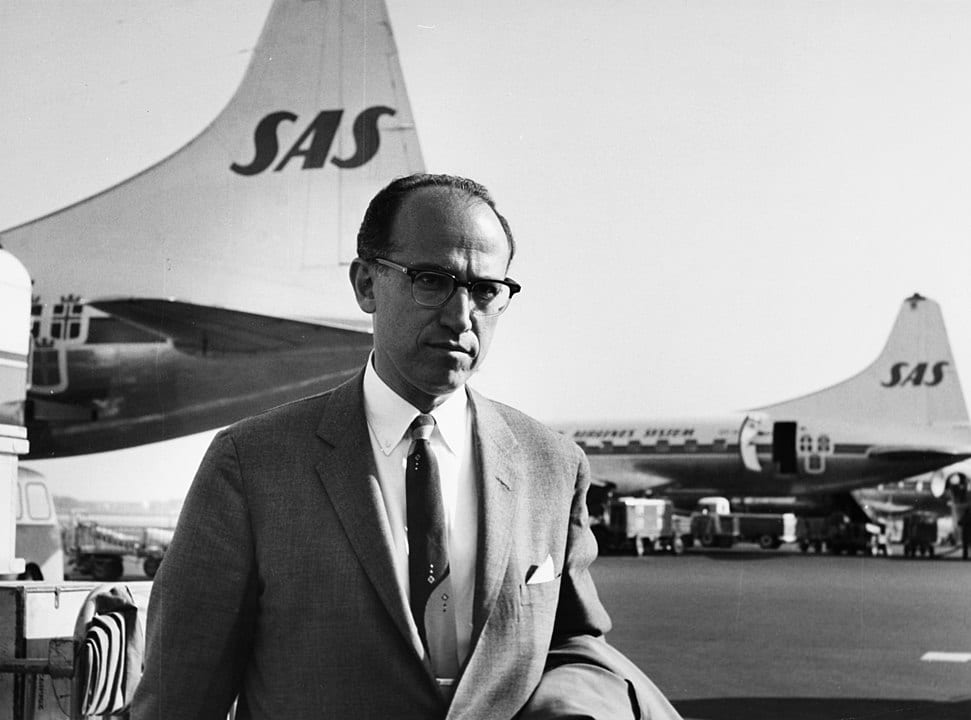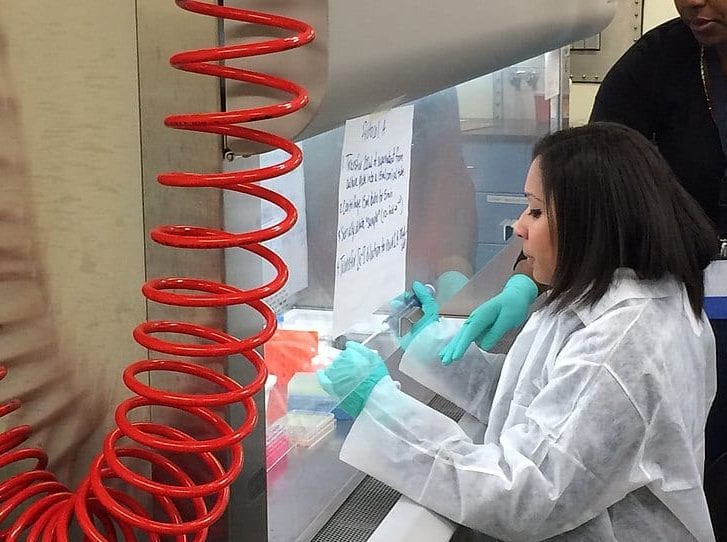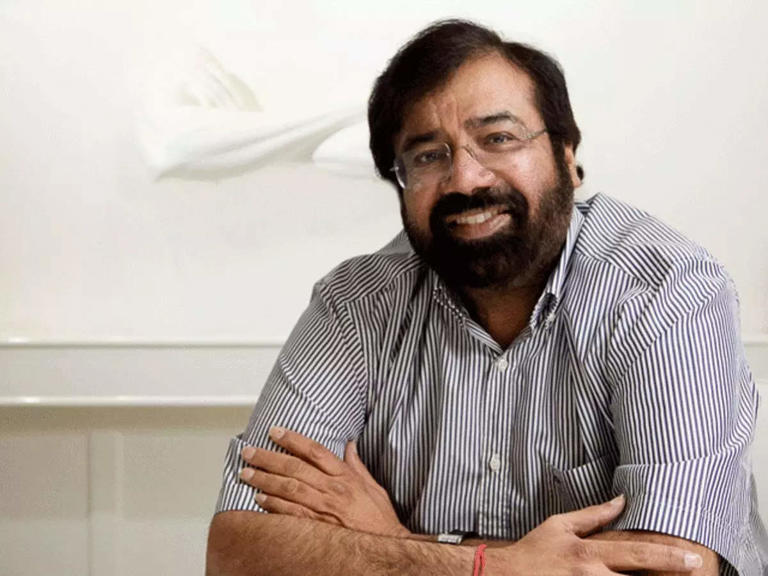With the number of infections reaching almost 3 million cases all over the world, scientists and doctors are racing to find a vaccine for COVID-19, the disease that the virus causes.
Fortunately, these professionals can look at the past and take inspiration from previous cases of epidemics and pandemics that humanity has seen. They might want to study one particular story.
20th Century Epidemic

Mississippi Department of Archives and History/Wikimedia Commons | Polio left hundreds of thousands of surviving people disabled
Back in the 20th century, the world faced a similar health crisis when polio began almost wiping out an entire generation of people. From the early 1900s to the ‘50s, cases of the life-threatening disease caused by the poliovirus more than doubled, going from 27,000 to 60,000.
Although polio primarily puts school-age children at risk, which is the opposite of the novel coronavirus’ threat to older people, both cases of disease spread emphasized the need for isolation.
Of course, finding a cure is of vital importance in both cases as well.
Not About the Money

SAS Scandinavian Airlines/Wikimedia Commons | Dr. Jonas Salk's vaccine first went into trial in 1954
The polio epidemic of the 20th century has a sort of happy ending as it led to the discovery of a polio vaccine by Dr. Jonas Salk.
As the story goes, the doctor was invited to work on the vaccine. Within two years, he was already ready to test his creation on animals before administering it to children.
The vaccine first went into trial in 1954 and was declared a success a year later. Part of its triumphant results is Salk’s decision not to patent the vaccine.
His firm stance helped prevent his invention from becoming expensive and unaffordable for poorer countries to purchase for their citizens. Had he not done so, polio might have never been eradicated.
It’s worth noting that pharmaceutical companies are known for driving up the costs of certain medicines, even those vital for the well-being of many people.
Present Dilemmas

The U.S. Food and Drug Administration/Wikimedia Commons | Falo and Gambotto are now waiting for FDA approval to start conducting human trials for their medicine
Salk’s generosity is now being remembered in the midst of the search for a COVID-19 vaccine. Some are hoping that the scientists who would be successful in this endeavor could follow the doctor’s lead and not chase the big bucks.
Two doctors, Andrea Gabmbotto and Louis Falo, have reportedly made an inoculation that results in large numbers of antibodies against the virus after being tested on mice. They’re developing this at a lab at the University of Pittsburgh.
Coincidentally, it was also at a lab at the same university that Salk developed the polio vaccine.





